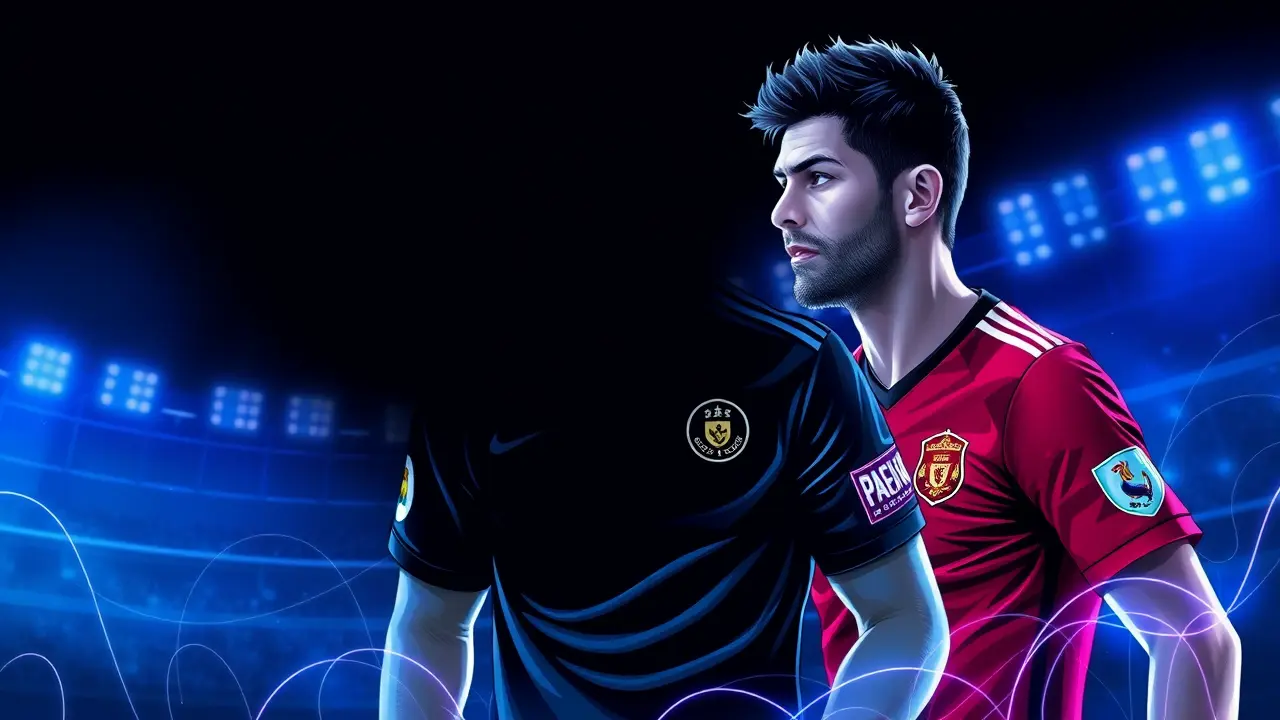Arshavin requests court reduce child support payments to Baranovskaya.
The world of football is no stranger to dramatic transfers and high-stakes contract negotiations, but for former Zenit and Russian national team star Andrey Arshavin, the most significant financial battle is now being fought not on the pitch but in the courtroom. In a move that has captured the attention of fans and financial analysts alike, Arshavin has formally petitioned the court to substantially reduce his child support obligations to television presenter Yulia Baranovskaya, the mother of his three children.The current legal arrangement, a legacy of their long-term relationship which never culminated in a formal marriage, mandates that Arshavin allocates a full quarter of his income—a significant sum by any professional athlete's standard—toward the upkeep of their shared offspring. This is a figure that, in the high-earning world of top-tier football, can represent a lifestyle of immense privilege, but as careers wane and incomes fluctuate, such commitments can become an anchor.Arshavin’s new legal filing, as reported by outlets like Life. ru citing Baza, seeks a dramatic restructuring of this financial responsibility.He is requesting that, effective April 2026, his payments be slashed to just one-sixth of his earnings, and crucially, that this reduced amount be designated solely for the support of their youngest son, Arseniy. This strategic pivot is predicated on the impending legal adulthood of his other children; his eldest son has already turned 19, and his daughter is set to reach the age of majority next year, milestones that traditionally signal the cessation of standard child support orders.However, the core of Arshavin’s argument delves deeper into the complex arithmetic of post-retirement finances. He contends that the cumulative burden of his current payments, when combined with his obligations to two other daughters from previous relationships, now consumes over half of his total income.This presents a fascinating case study in the financial lifecycle of a professional athlete, a trajectory that often sees a steep, and sometimes precipitous, decline in earnings after the final whistle blows. One cannot help but draw parallels to other footballing legends who faced financial reckoning after their playing days, where lavish spending met diminished revenue streams.For a player of Arshavin’s calibre, whose dazzling performances for Zenit and that unforgettable four-goal masterpiece against Liverpool at Anfield in 2009 cemented his legacy, the transition to a post-playing career—involving media punditry, ambassadorial roles, and business ventures—rarely replicates the multi-million dollar annual salaries of his prime. The case raises profound questions about the sustainability of support orders calculated at the peak of an individual's earning potential.Legal experts watching the case suggest it could set a significant precedent for how courts handle the variable incomes of celebrities and athletes, potentially leading to more dynamic, review-based support systems rather than static percentages. It’s a delicate balance between ensuring children maintain the standard of living they are accustomed to and acknowledging the non-guaranteed nature of a professional sportsman’s wealth.Baranovskaya, who has built a successful career in television independently, now finds herself at the centre of a legal and media storm that scrutinizes the very nature of financial responsibility and familial duty long after a relationship has ended. The outcome of this petition will be closely monitored, not just for its immediate impact on the involved parties, but for the signal it sends to the entire sporting world about the long-tail financial obligations that can last long after the cheers of the crowd have faded.
It’s quiet here...Start the conversation by leaving the first comment.
© 2025 Outpoll Service LTD. All rights reserved.
